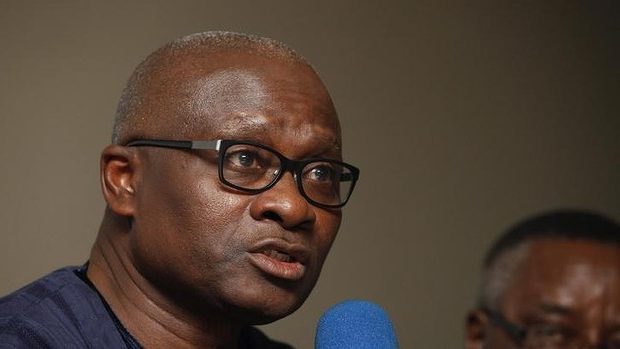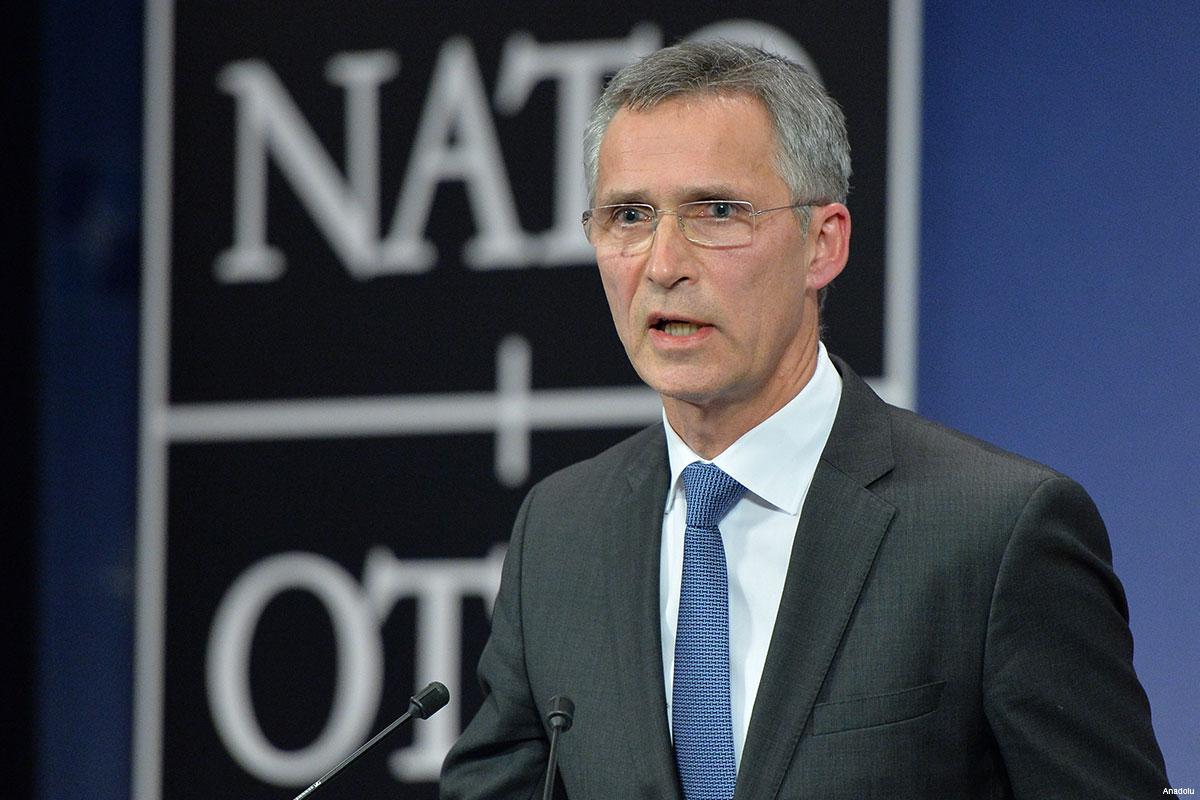The Lagos State Government in collaboration with the Dr. Ameyo Stella Adadevoh (DRASA) Health Trust has conducted training for health workers in all General Hospitals in the state towards increasing their capacity to identify and promptly manage patients during outbreak of emerging infectious diseases.
In a statement issued by the Commissioner for Health, Dr. Jide Idris, the government noted that with a population of over 22 million people and rapid urbanisation, Lagos State remains at high risk of outbreak of infectious diseases.
Idris stated that the training is focused on a group of illnesses called viral haemorrhagic fevers (VHFs) which includes deadly viruses such as Ebola, Lassa fever, Yellow fever, and Dengue. He said these viruses cause sporadic outbreaks all over the country and the goal of the training is to build capacity in identifying and containing them in the megacity of Lagos.
The commissioner said that he has mandated all Medical Directors of General Hospitals in the State to designate a ward as isolation unit to quarantine suspected cases. Once diagnosis is made, a confirmed case of VHF will be moved to the isolation ward for expert management. He however added that “there is need to build the capacity of health workers in the state hospitals to identify and diagnose cases before they could be properly managed.
“Those of us around when Ebola happened know what it was like. So we need these kinds of trainings to refresh and remind people that the threat remains. It’s clear that infectious diseases are not going away. With this training, LSMoH and DRASA seek to increase the state’s level of outbreak preparedness, protect its health workers and help keep the people in Lagos state safer,” added Jide Idris.
The commissioner concluded his remarks by commending DRASA for the laudable initiative and pledged the commitment of Lagos State Government to the successful implementation of the project on Simulation Training on Emergency Preparedness and Response for Emerging Infectious Disease in Lagos State being sponsored by DRASA.
In her contribution, Ms. Niniola Soleye, Managing Director of DRASA said, “This isn’t a typical lecture or presentation type of training. We’re using simulation and scenarios to make it hands-on and to ensure that the doctors and nurses we’re training actually go through the process. So when they’re faced with a real live infectious patient as Adadevoh was with the first Ebola patient in 2014, they will know what to do. That’s our goal.
“The training will cover multiple topics including how health workers can identify and triage suspected VHF patients, how they should apply standard precautions, and how they should put on and take off personal protective equipment (PPE) before and after dealing with a suspected case” she added.
Niniola concluded stating that, “This training is just the beginning. We look forward to fulfilling the MoU between DRASA and LSMOH to keep our communities safe and protected from public health threats by providing an ongoing series of capacity building simulation trainings for health facilities across the state.”
This Day




